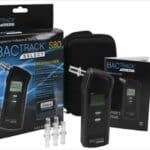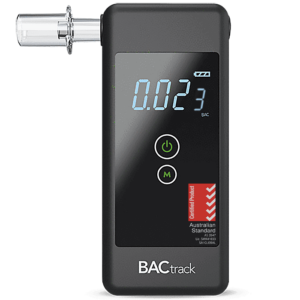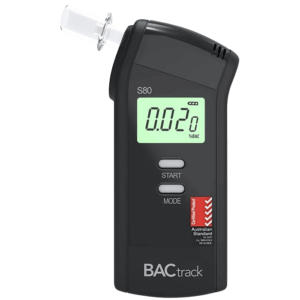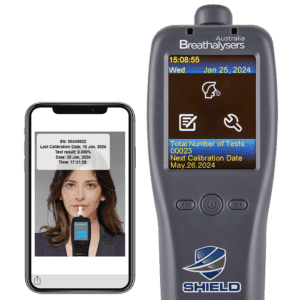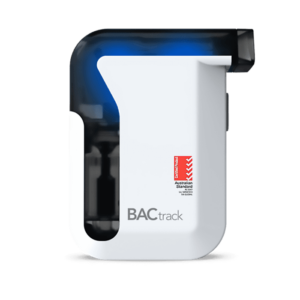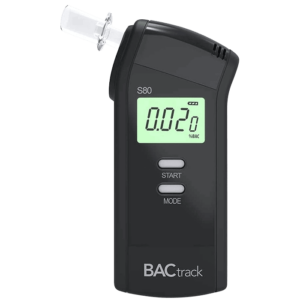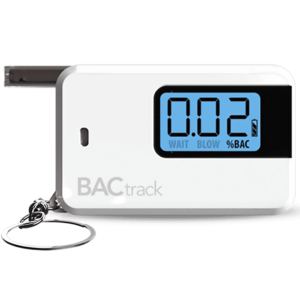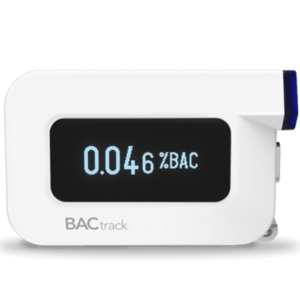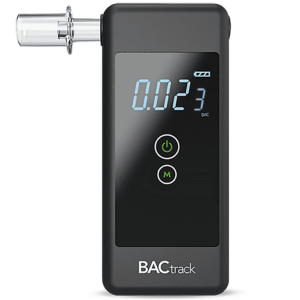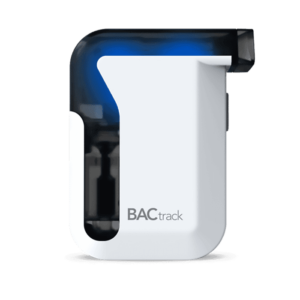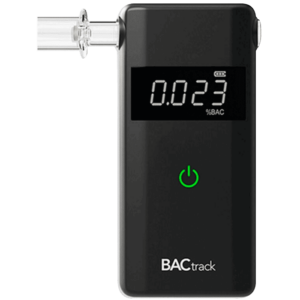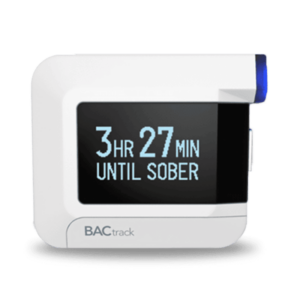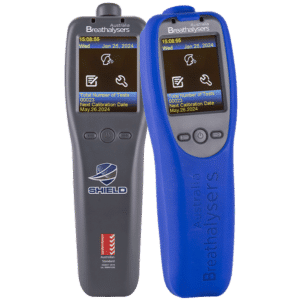What to Do After a Failed Pre Employment Alcohol Test
11 May, 2022
Alcohol testing is a common workplace procedure to maintain safety. Employers execute regular screening to minimise the safety risks that alcohol impairment brings. So it is because alcohol intoxication is a leading factor in workplace accidents across all industries. Without regular monitoring, it negatively impacts productivity, workplace safety, and employee morale. Moreover, safety relies on the conscientious effort of all employees to keep the workplace hazard-free. Therefore, an essential part of a workplace policy is incorporating alcohol tests during pre-employment. It helps employers hire suitable candidates for the job. Consequently, a failed pre-employment alcohol test may affect the outcome of the job offer.
A pre-employment alcohol test is mandatory in regulated industries like mining, construction, transportation, defence, and manufacturing. However, private organisations may also implement workplace testing per State or federal laws. It helps companies manage the safety hazards of alcohol impairment at work. A job applicant must have zero Blood Alcohol Content (BAC) to pass the test. Therefore, many people use personal devices like breathalysers to avoid a failed pre-employment alcohol test. If you anticipate an alcohol screening, devices from Breathalysers New Zealand can help monitor your BAC before the actual test. These devices can help ensure safe and health drinking patterns for workers and drivers.
Pre-Employment Alcohol Test
A pre-employment alcohol test examines a person’s biological sample to detect the presence of alcohol. It helps employers determine if the applicant possesses risky behaviours that compromise workplace safety. Hiring the right applicant is vital in keeping the working environment risk-free. Moreover, employers may use one or more methods to screen for alcohol. Most companies or testing facilities use an alcohol breath test through a professional breathalyser. During the test, the applicant provides a breath sample to the device for analysis. If there is no alcohol present, the breathalyser will display “Pass”, “Negative”, “No Alcohol”, or “0.00%”. However, a failed pre-employment alcohol test means that the person has alcohol content in the body. Therefore, the breathalyser will display “Fail” or the actual BAC level (anything more than 0.00% BAC).
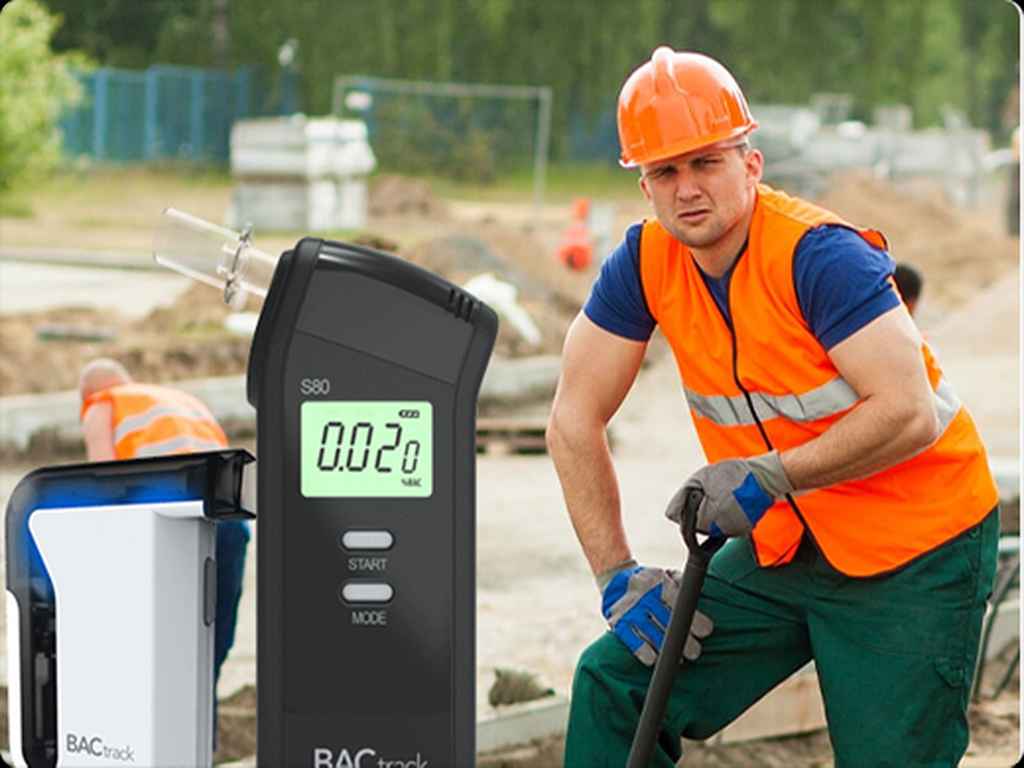
Failed Pre-Employment Alcohol Test: What to Do
Employers use alcohol tests to assess if a person’s drinking pattern has reached a problematic level. Impaired employees return poor work performances and increase the risks of accidents or serious injuries. Therefore, companies take a failed pre-employment alcohol test result seriously. So, what happens if a person does not pass the alcohol screening? Applicants may take the following recourse if they fail a pre-employment alcohol test:
- Confirmation – A follow-up through advanced urine or blood test will confirm the initial screening.
- Review – A medical officer reviews the samples and the chain of custody to validate the results. For example, the MRO might contact you with questions about prescription drugs that might affect the outcome. After the review, the MRO will forward the final result to the company. Then, the company will contact you if you pass or fail the test.
- Retest – You can request a retest of the specimen sample once the employer or MRI has notified you. The lab will retest the split specimen sample or a portion of the original sample. Additionally, you must make this request within 72 hours. In most cases, the applicant covers the costs of the retest.
Failed Alcohol Tests: Workplace Policies
Employment alcohol testing is an integral part of a workplace policy. The program aims to prevent and deter alcohol or substance misuse at work. Additionally, the policy enables the employer to execute workplace tests legally and mitigate liabilities. It also covers the safety guidelines that all employees must adhere to. For example, the policy outlines when to conduct the test, what kinds of substances to be tested for, and what to do with a positive result. The pre-employment procedure should notify all applicants that alcohol testing is part of the requirement. Likewise, alcohol testing is often the final step of the hiring process. Thus, a successful application depends on passing the screening test. In contrast, a failed pre-employment alcohol test means you are ineligible for the job. Furthermore, other situations where a workplace alcohol test is administered are:
- Annual medical examination
- Random
- Post-incident
- Reasonable suspicion
- Return-to-duty
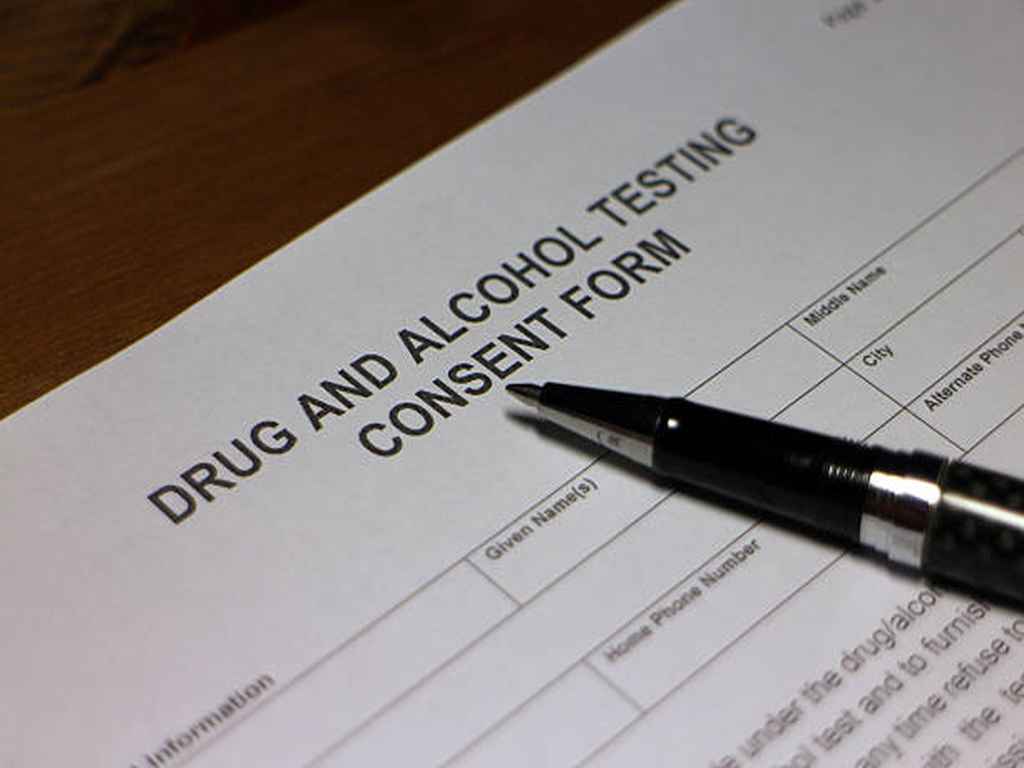
Preventing Failed Alcohol Tests
Passing alcohol tests during pre-employment is vital to securing a job. Unfortunately, many highly-qualified candidates did not get the position after a failed pre-employment alcohol test. Aside from skills and credentials, employers also look at the person’s alcohol consumption and risky behaviour. If the job role is safety-sensitive, a worker must maintain sobriety at work. Prospective employees can prevent a failed test by monitoring their alcohol intake in their free time. Also, understanding how alcohol affects your BAC can help you make informed decisions. Devices like BACtrack personal breathalysers from Breathalysers New Zealand help monitor the BAC level efficiently. You may use a personal breathalyser to moderate consumption and prevent from going over the legal limit. Likewise, breathalysers help you monitor the decline of your alcohol level to ensure you are fully sober on the big day.
Alcohol Breath Tests and Other Options
Alcohol is detectable through various procedures. Workplaces or laboratories commonly use breath testers, urine analysis, oral fluid or saliva, and blood sample tests. Companies use alcohol breath tests for workplace screening because it is non-invasive and cost-efficient. Employers use a pro-grade breathalyser like BACtrack during pre-employment to efficiently test for alcohol. It can trace alcohol for 12 to 24 hours from the last consumption depending on the amount. Therefore, a failed pre-employment alcohol test indicates recent exposure. Another testing option is urine analysis. An employer may request to include alcohol in a urine drug screening to simultaneously test for alcohol and illicit substances. Lastly, a blood sample test is appropriate for the confirmation test (tests done after positive results).
Pro-grade Devices at Breathalysers Australia
Workplaces rely on the accuracy of devices or procedures to make well-informed safety decisions. For example, workplace breathalysers use powerful fuel cell sensors to estimate the BAC level accurately. Unlike urine or blood test, breathalysers do not require a laboratory examination. Employers may only request further testing if an applicant has a failed pre-employment alcohol test from the initial screening. Furthermore, fuel cell breathalysers are highly sensitive to ethanol and do not react to other substances in the breath. Therefore, it is less likely to produce false-positive results. Companies may use an on-hand workplace breathalyser from Breathalysers New Zealand monitor alcohol impairment as needed.
Alcohol consumption is a socially acceptable activity. It helps many people relax or unwind after work. However, alcohol use becomes a problem if it affects work performance. Therefore, keeping the workplace alcohol-free is a must. Breathalysers New Zealand offers effective and reliable devices for personal or professional use. Most BACtrack breathalysers utilise fuel cell sensor technology to measure the precise BAC level. You can avail of pro-grade accuracy to check your BAC level every time you consume alcohol. It is the same technology law enforcement use in a roadside screening. Thus, the BACtrack fuel cell breathalysers can help avoid getting a failed pre-employment alcohol test. It is also valuable in preventing road accidents or drink driving charges.
















